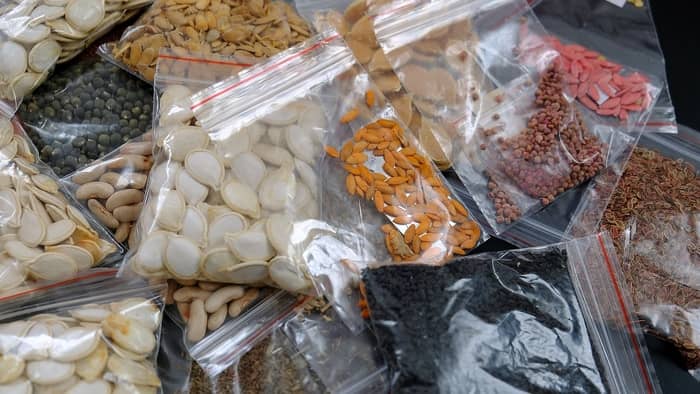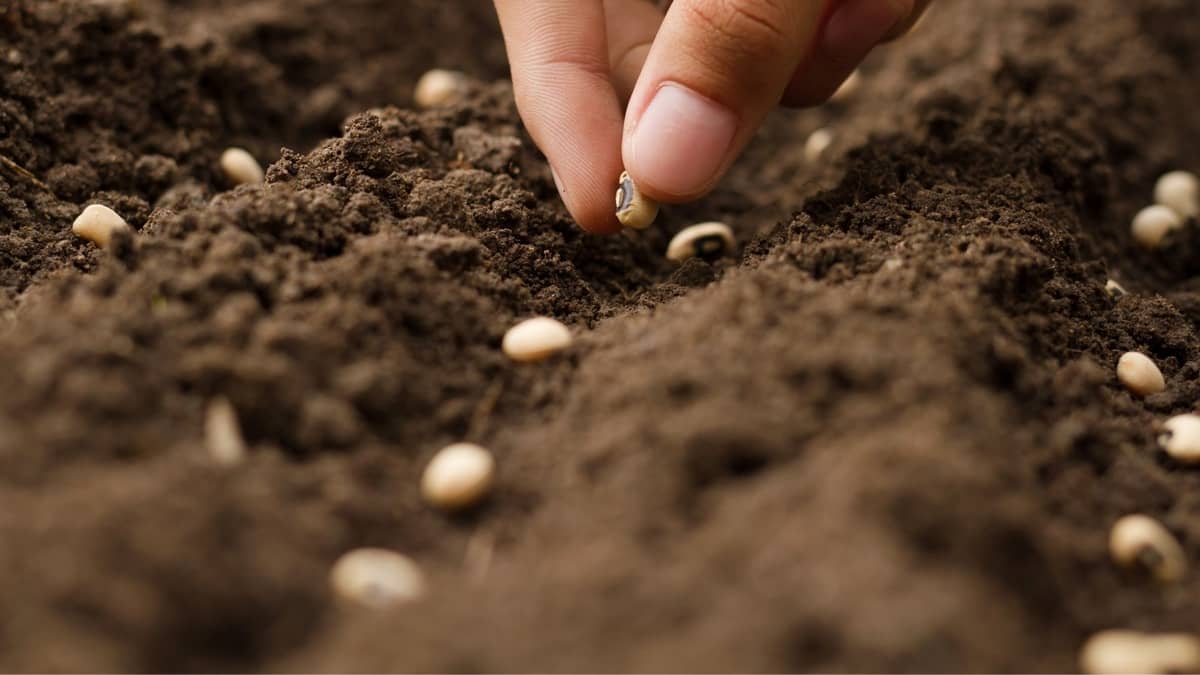How long do ancient seeds take to grow and does keeping these seeds for a long time prohibit their germination and growth process?
Many people who don’t understand the concept of seed longevity think that it is wrong to keep seeds for a long time. This is not true because seeds can last a long time as long as they are well dried and properly kept away from moisture.
There are many different kinds of plants and they all need different types of seeds to reproduce. Some seeds need light to germinate, some need a temperature change, some need water, some need air, etc.
So basically the seeds need to be given the proper conditions so that they can germinate. But sometimes seeds do not germinate if they had been stored in the wrong places or are planted at the right time. This means that the seeds will not have the right conditions for germination. The seeds that do not germinate even when given the right growing conditions mean they are dead.
Contents
What Happens When You Plant Ancient Seeds?
The seeds need a certain amount of moisture to be able to germinate. If the seeds are buried under dry soil, then the seeds will not be able to germinate. If the seeds are buried under wet soil, then the seeds will not be able to germinate.
But what if the seeds are buried under damp soil? Well, that is the best-case scenario for seed because it has water and it has a certain amount of moisture. The seeds will germinate and then they will grow until they are mature.
Seeds that are planted or left in the ground without water do not grow. They will stay in the ground for years and years but they will never be able to germinate. So what can you do to make sure that your seeds will be able to germinate? Provide them with an adequate amount of moisture so they germinate and keep growing.
How Long Do Ancient Seeds Take To Grow?
Seeds from a plant that has been kept for many years in perfect conditions will sprout as fast as fresh seeds. This is because seeds just require proper growing conditions to germinate.
The problem with ancient seeds comes if the seeds were not stored properly and maybe came into contact with other elements that may cause them to die. Otherwise, seeds can be stored for as long as 3, 4, or even 5 years in perfect conditions and they will still grow.

Learn more about: How Long Does It Take To Grow Pomegranate From Seed?
What Conditions Do Seeds Need When Growing?
Once you plant your ancient seeds, it’s important that you
Water them adequately – not too much nor too little.
Provide enough nutrients to the soil you are using to germinate the seeds.
Provide enough light for the seeds to germinate and grow under
Provide rich soil for germination
Use pots of germination trays that are clean and big enough to hold these seedlings
Ensure the area you plant your seeds is not too cold or too hot
What Does “Hardy” Mean In Germinating Seeds?
“Hardiness” means that a plant is able to withstand cold temperatures and survive without dying. Plants that are hardy need to have a lot of sunlight and warmth to grow. If they get too little light or heat, they will start to die. When plants become hardy, they are able to survive in climates that other plants cannot.
It is important to know if the specific plants you are growing are hardy or not. Hardy plants are able to withstand tough weather while those that are not hardy will not survive. However, even the hardy ones are challenged by a certain drop in temperatures and should be protected by wrapping them up in blankets in such weather.
In Conclusion – How Long Do Ancient Seeds Take To Grow?
How long will my seeds last? If you store your seeds properly, they will last for years. However, you should know that some types of seeds may not last as long as others. For example, bean seeds usually last the longest. Other types of seeds, such as those of corn, can be stored longer, but they can also rot if the storage conditions are not right. You can keep your seeds in a cool, dry place. You do not want them to be exposed to any kind of direct sunlight.
Now that you know how long do ancient seeds take to grow, you can use these seeds with a little more knowledge. Don’t wait too long before sowing them because they might dry up and die. The most important thing is to get the right amount of soil and water to keep them growing well. If you get this right, then you will be able to harvest them when they are ready to pick.
Frequently Asked Questions
How often do ancient seeds grow?
The ancient seeds of plants like wheat, rice and barley have remained unchanged for thousands of years. They are living fossil. In the past, they had to be harvested and planted again each year because the seeds germinate well after being sown.
Are ancient seeds worth growing?
Seeds are an important part of our food supply. Wheat, maize, rice, barley and other crops are grown around the world on a daily basis. Ancient seeds ensure that we have strong seeds thus strong plants and production for days to come to food to feed everyone on the planet.
How rare are ancient seeds?
Most modern seeds are bred for specific characteristics such as size, shape and colour. Ancient varieties, however, were created for their ability to survive, reproduce and germinate without being manipulated by humans. Modern breeding techniques have made it possible to create ever more efficient plants. These plants produce bigger harvests, have fewer pests and can grow in a wider range of climates. As a result, the ancient seeds are becoming less and less in these modern days.
Can ancient seeds grow year-round?
Ancient seeds do not grow all year round. When temperatures fall below a certain level, many plants cannot produce enough energy to keep them alive. The same applies to the coldest winter months. In the middle of winter, most crops will not germinate because they need warmer temperatures to start growing. However, many seeds can survive for a number of years in dry conditions. For example, the seeds of some legumes can be stored for up to 10 years without spoiling.
A garden is a place that relaxes us and reflects our personal style, it’s a place to spend time with loved ones and grow our own fruits and vegetables. Maybe you’re looking for design inspiration or plant selection, or you’re concerned about garden privacy, shady areas, or pests, but don’t worry, you’ve come to the right place.

